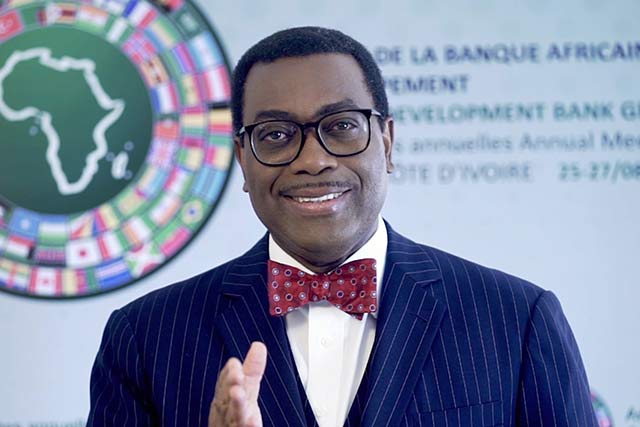
Experts from the African Development Bank (AfDB) have urged African nations to attract private-sector collaboration to finance higher education. This call to action was made during the AfDB’s ongoing Annual General Meeting and a high-level dialogue held in Kenya on Wednesday.
The dialogue, titled “Policy Dialogue on Innovative Financing for Tertiary Education in Africa: Revitalizing the Role of the Private Sector,” was organized in partnership with the Kenyan government, the African Union Commission, and the Deutsche Gesellschaft für Internationale Zusammenarbeit (GIZ) GmbH.
During the discussion, experts emphasized the critical need for African countries to intensify efforts to secure private-sector funding to enhance tertiary education and equip the continent’s youth with competitive skills. They highlighted the importance of political commitment to ensure returns on these investments.
The AfDB’s statement, distributed by APO Group, quoted Jakaya Kikwete, Board Chair of the Global Partnership for Education and former Tanzanian President, calling for increased national education expenditure to harness Africa’s demographic potential as the world’s future largest labor force.
“To build a stronger tertiary education pipeline, we need to establish strong foundations with early learning, primary, and secondary education, creating a talent pool of trained young people for lifelong learning,” Kikwete said.
Birgit Pickel, Director-General of Africa at the German Federal Ministry for Economic Cooperation and Development (BMZ), noted, “This is the first Declaration of Intent between our organizations in education, marking our intent to scale up joint commitment to vocational training and skills development in African countries. Given current challenges, this collaboration is more urgent than ever.”
Since 1975, the AfDB has been actively engaged in education and skills development, committing significant resources to strengthen STEM infrastructure at tertiary levels and improve sector policies. Dr. Beth Dunford, AfDB Vice President for Agriculture, Human, and Social Development, stated that the bank has committed $964 million to tertiary education and skills development over the past decade, focusing on Technical and Vocational Education and Training (TVET) and catalyzing private sector investments.
Dunford highlighted the AfDB’s support for Nigeria’s Ekiti state Special Economic Zone project with an $80 million investment and a $23 million investment in Rwanda’s Centre of Excellence for Aviation Skills as examples of projects that will boost economies and create jobs.
Prof. Mohamed Belhocine, African Union Commissioner for Education, Science, Technology, and Innovation, emphasized that increased investment in tertiary education requires national, continental, and global action. He noted that between 2017 and 2019, only seven African countries met the required 6% of GDP expenditure on education, with the average standing at around 4%.
Dr. James Mwangi, Group CEO of Equity Holdings, shared how collaboration with tertiary institutions is enhancing human resource development across the continent. Equity Group has provided scholarships to at least 23,000 students in partnership with the Kenyan government.
During the session, the AfDB signed a Joint Declaration of Intent with GIZ to scale up commitments to skills development and enhance youth employability in Africa. The Build4Skills initiative will place youth trainees in workplace training within Bank-supported infrastructure projects in agriculture, water, or transport sectors for 6 to 12 months.
The 2024 Annual Meetings of the African Development Bank attracted over 10,000 participants, with around 5,000 delegates attending physically. The AfDB Group, comprising the African Development Bank, the African Development Fund, and the Nigeria Trust Fund, remains the premier multilateral financing institution dedicated to Africa’s development.
Discover more from Astudity Limited
Subscribe to get the latest posts sent to your email.